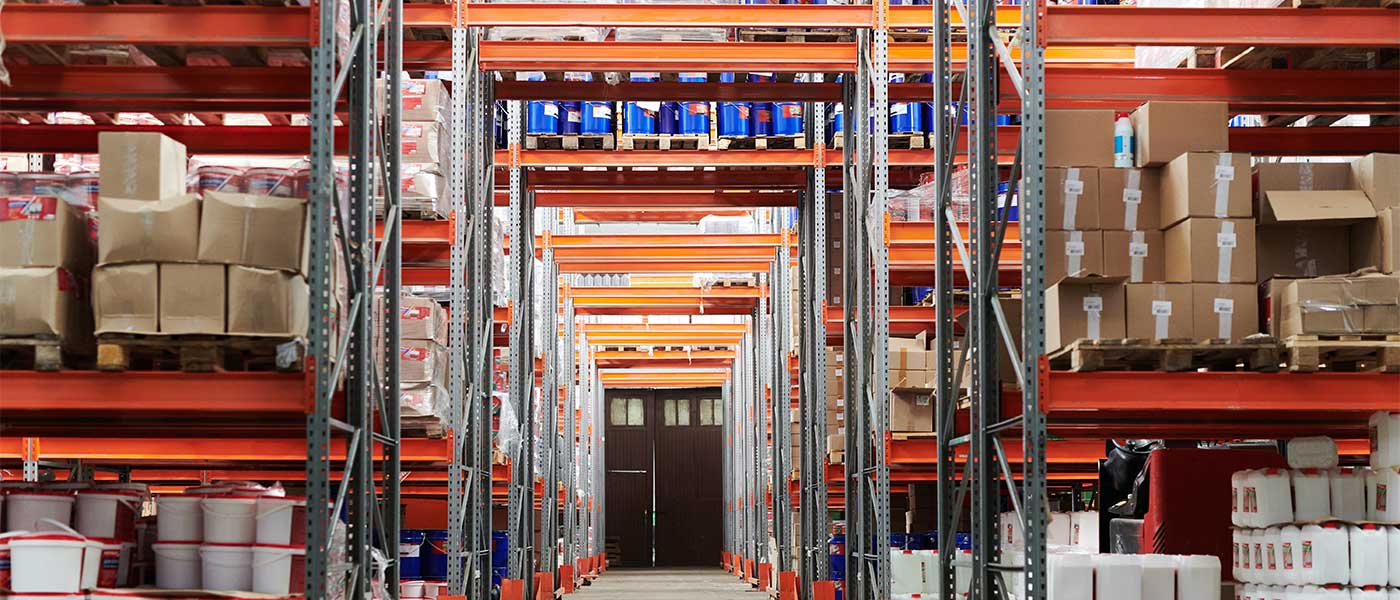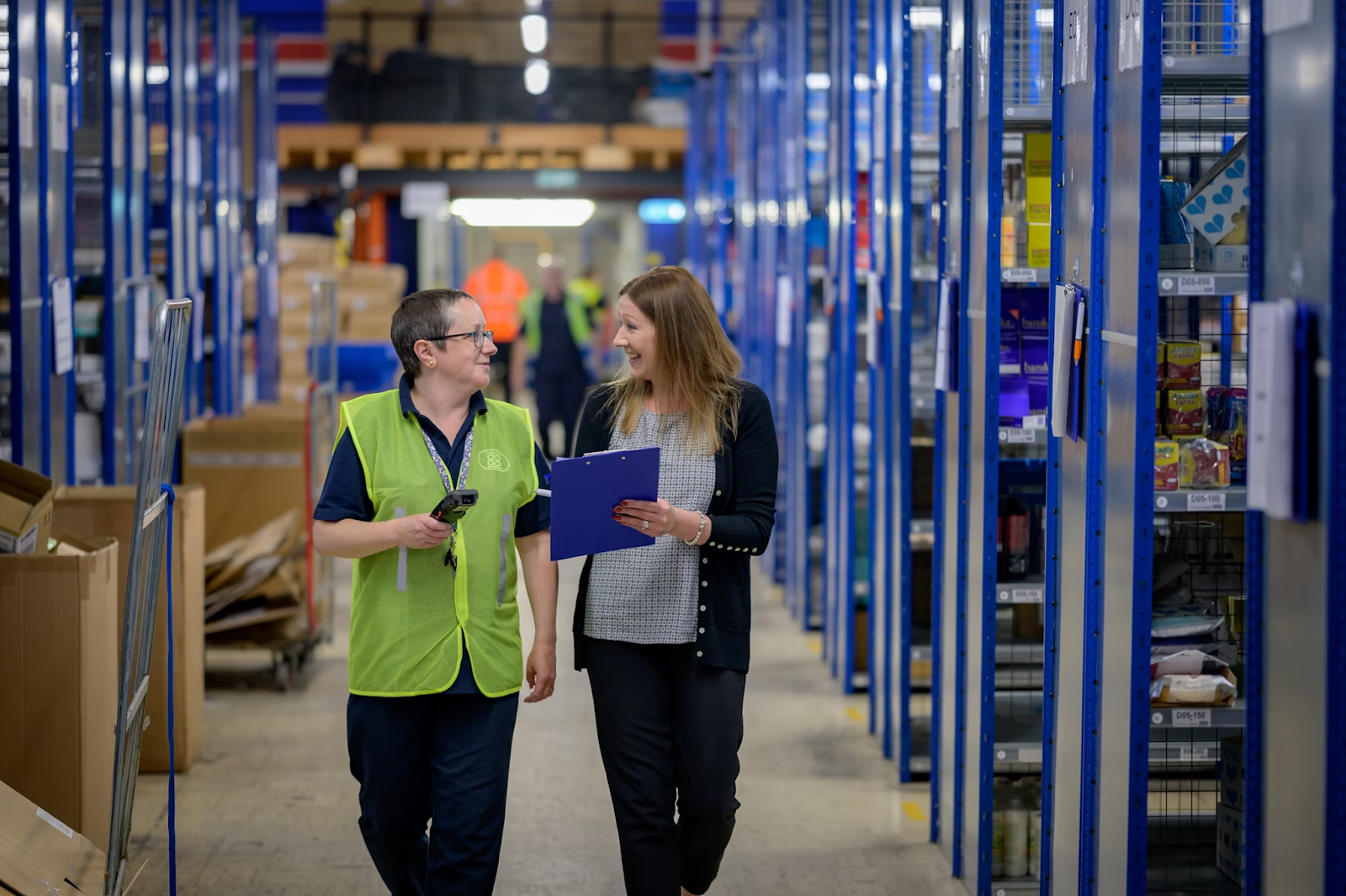Importing goods into Australia can seem like a daunting task, but with the right knowledge and preparation, it can be a smooth and straightforward process. In this guide, we’ll cover everything you need to know about importing and how to approach cross-border selling in Australia, including regulations, shipping options, customs procedures, and more.
Whether you’re a first-time importer or an experienced business owner looking to expand your operations, this guide will provide you with the information you need to import goods into Australia successfully. So let’s get started!
1. Import License
In Australia, there is no requirement for importers, whether companies or individuals, to hold an import license to import goods into the country.
However, depending on the nature of the goods and regardless of value, importers might need to obtain permits to clear certain imported goods from customs control. It is important to ensure that your products comply with all relevant regulations before importing them into Australia. This may involve obtaining permits or certificates from the relevant government agencies, such as the Department of Agriculture, Water and the Environment or the Therapeutic Goods Administration.
If you are unsure about the regulations that apply to your products, you can consult with a licensed customs broker or check the Australian Border Force (ABF) website for more information. The ABF provides detailed information on import regulations and a range of resources and tools to help you navigate the import process.
2. Shipping Options
When importing goods into Australia, you have several product shipping options. The two most common methods are air and sea freight. The choice of shipping method will depend on factors such as the size and weight of your goods, as well as the urgency of the shipment.
Air freight is typically faster than sea freight but can be more expensive. It is a good option for smaller, time-sensitive shipments. On the other hand, sea freight is usually more cost-effective for larger shipments but can take longer to arrive.
When choosing a shipping method, it is important to consider the transit time, cost, and reliability of the carrier.
You may also need to factor in additional costs such as customs clearance fees, port charges, and handling fees.
By carefully considering the right shipping options and selecting the most appropriate method for your needs, you can ensure that your goods arrive safely and on time.
3. Customs Clearance Process
The customs clearance process is an important step when importing goods into Australia. All goods imported into the country must be declared to customs and may be subject to duties and taxes. The process involves submitting an import declaration, which can be done by the importer or by a licensed customs broker acting on their behalf.
The import declaration must include information about the imported goods, the importer, how they are being transported, and their tariff classification and customs value. Some goods may be subject to specific tariff rates, while others might be exempt due to trade agreements.
For most goods with a value of AUD 1,000 or less, there are no duties, taxes, or charges to pay. However, you must pay duties and taxes on some goods. Like tobacco, tobacco products, or alcoholic beverages, regardless of their value.
For goods with a value over AUD 1,000, you must pay all relevant duties, taxes, and other charges, including an import processing charge.
The ABF encourages first-time or infrequent importers to use a licensed customs broker to clear their goods. Customs brokers can help you navigate the customs clearance process and ensure that all necessary documentation is provided.
Finding A 3pl For Fulfilled By Merchant: A Comprehensive Guide
According to a study, 51% of FBM sellers took much less time (less than six weeks) to get started on…
4. Taking Advantage of Free Trade Agreements (FTAs)
Free Trade Agreements (FTAs) are treaties between two or more countries designed to reduce or eliminate certain barriers to trade and investment and to facilitate stronger trade and commercial ties between participating countries. Australia has 17 FTAs with 29 countries.
By taking advantage of FTAs, Australian businesses can gain a competitive edge in international trade. FTAs can provide benefits such as reduced or eliminated tariffs on imported goods, improved access to foreign markets, and increased protection for investments.
To take advantage of FTAs, it is important to understand each agreement’s specific terms and conditions. This may involve researching the tariff outcomes and rules of origin for your products and any relevant regulations or requirements. The Department of Foreign Affairs and Trade (DFAT) website provides detailed information on Australia’s FTAs, including the full text of each agreement and information on their status.
By understanding the terms and conditions of each agreement and complying with relevant regulations, you can gain a competitive edge and expand your business into new markets.
5. Goods and Services Tax (GST)
Goods and Services Tax (GST) in Australia is a value-added tax of 10% on most goods and services sales, with some exemptions (such as for certain food, healthcare, and housing items) and concessions (including qualifying long-term accommodation, which is taxed at an effective rate of 5.5%). GST is a broad-based tax on most goods, services, and other items sold or consumed in Australia.
If you are a business, you use a Business Activity Statement (BAS) to report and pay the GST your business has collected and claim GST credits. The Australian Taxation Office (ATO) provides detailed information on how GST works, how to register for GST, when to charge GST, how to claim GST credits, and more on their website.
Note that understanding how GST works and how it applies to your imported goods is an important step in the import process. By accurately reporting and paying the GST your business has collected, you can ensure compliance with Australian tax laws.
Understanding the Impact of Australia’s Strong Seasonality on E-commerce Sales
Seasonality significantly impacts e-commerce sales in Australia, with distinct peaks and troughs tied to specific seasons, holidays, and events. Understanding…
6. Importing for E-commerce Purposes
The e-commerce industry in Australia is growing rapidly, with many businesses choosing to sell their products online. When importing goods for e-commerce purposes, it is important to consider factors such as product labelling, packaging, and fulfillment.
All imported products must have proper labelling with accurate explanations and must include the country of origin or production in English. A lack of labelling may result in the confiscation of goods. In addition, you may need to ensure that your products comply with relevant safety standards and the Australian consumer law.
When it comes to packaging, it is important to choose packaging materials that are durable and suitable for shipping. You may also need to consider the environmental impact of your packaging and choose recyclable or biodegradable materials.
Fulfilment is another important consideration when importing goods for e-commerce purposes. You will need a system for storing, picking, packing, and shipping your products to customers. This may involve working with a third-party logistics provider like Locad or setting up your own fulfillment centre in Australia.
By carefully planning your product labelling, packaging, and fulfillment processes, you can successfully import goods for sale through your online store.
7. Record-keeping, Compliance, Continuous Learning and Adaptation
Maintaining accurate records of your import transactions is crucial for compliance and future reference. These records should include invoices, shipping documents, customs declarations, and any correspondence with customs authorities. Keeping organised records streamlines audits and ensures that you can address any inquiries or issues that may arise.
Compliance with legal and regulatory requirements is also crucial for businesses operating in Australia. This involves understanding and adhering to relevant laws and regulations, such as those related to taxation, employment, and consumer protection. By staying compliant, businesses can avoid legal issues and maintain a positive reputation.
The world of international trade and customs regulations is dynamic and can undergo changes. Staying informed about updates to regulations, trade policies, and industry trends is vital. Consider participating in seminars, workshops, or webinars to enhance your knowledge and adapt your import strategies accordingly.
Content Box: Case Study Link
How Locad can help with e-commerce import in Australia?
We understand that navigating the intricacies of importing goods for your e-commerce venture can be challenging. Here’s how Locad can simplify the process and support your import journey:
- Efficient Fulfillment Services: Locad offers specialised e-commerce fulfillment solutions tailored to your needs. From warehouses in Sydney & Melbourne to order processing and shipping, we handle the logistics, allowing you to focus on growing your online business.
- Customs Expertise: With experienced customs professionals, Locad ensures your imports comply with Australian e-commerce regulations. We guide you through the customs clearance process, reducing delays and ensuring your products reach customers promptly.
- Accurate Labeling and Packaging: Our expertise in labelling and packaging aligns with Australian requirements. We ensure your products are properly labelled and packaged for a seamless customer experience.
- Advanced Technology: Benefit from Locad’s cutting-edge technology that optimises inventory management, order tracking, and real-time reporting. This empowers you with insights to make informed decisions.
- Sustainable Solutions: Locad emphasises sustainable practices for e-commerce businesses in Australia. We help you choose environmentally friendly packaging options that resonate with eco-conscious consumers.
- Scalability: As your e-commerce business grows, Locad scales with you. From managing fluctuations in demand to expanding your product range, we offer flexible solutions that adapt to your success.
Importing goods into Australia for your e-commerce business requires careful planning, adherence to regulations, and a reliable partner. With the support of Locad’s specialised e-commerce import solutions, you’re well-equipped to harness the opportunities of the Australian market and create a seamless online shopping experience for your customers.












